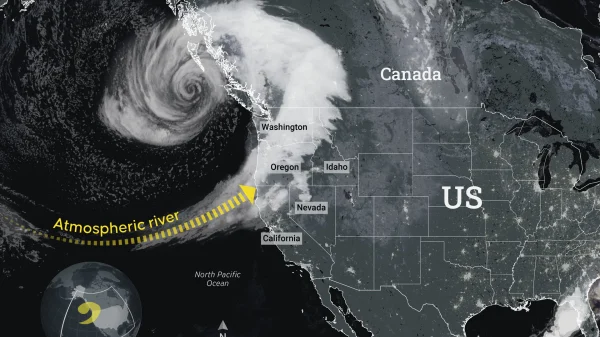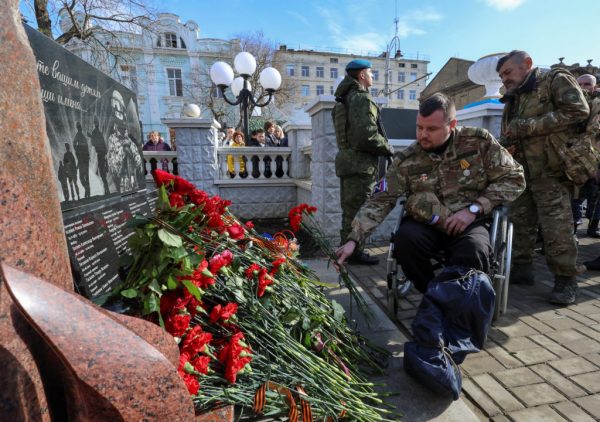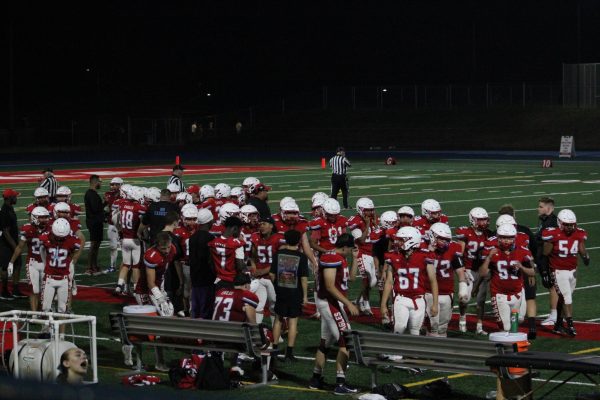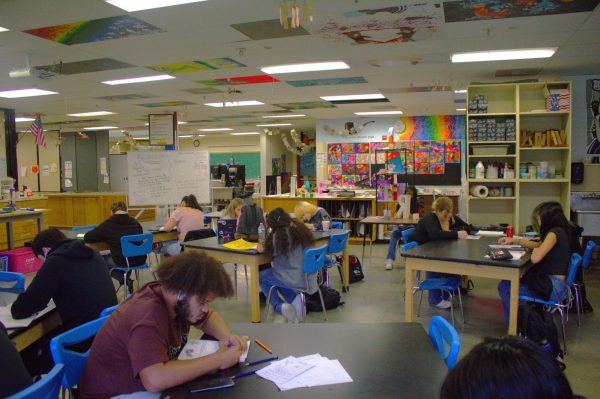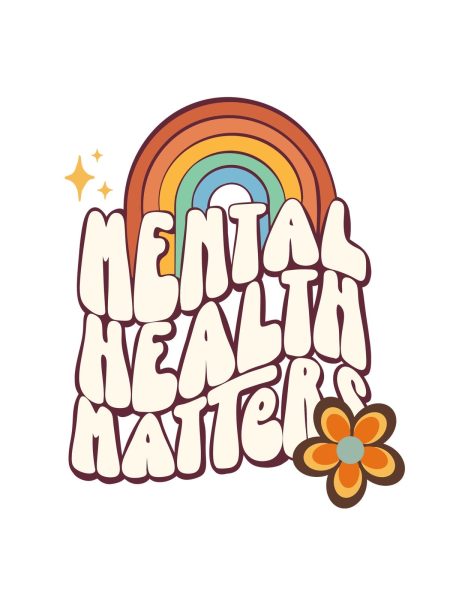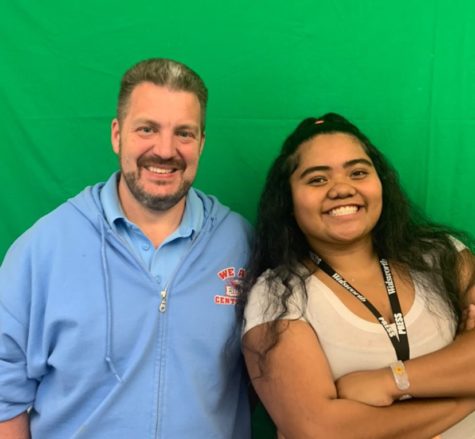Sophia Pinedo – Interview about after High School
What do you plan on doing after high school?
I want to go to school—a college.
Do you have any colleges in mind?
No, but I do know what I want to go into.
What kind of majors/topics are you interested in?
I’m looking to [be a] mortuary.
Can you explain a little bit about it?
Mortuar[ies] are the people who prepare the dead to be buried. Basically, they host the funerals…there’s a lot that goes into it. I dream of being a head mortician.
Is it a competitive field?
No, it’s actually not. I think, in Oregon, there’s only maybe a little under 300 [morticians]. I guess it probably is competitive because, the funeral homes, they “fight” with each other to get business. It’s a very greedy job, they’ll overcharge you for stuff you don’t need to be overcharged for. I hope that when I get into it I won’t be as greedy, because I think it’s unfair to charge people thousands and thousands of dollars just to have a little party to remember their dead loved one. I think that’s very stupid and also kind of insulting.
Was there anyone/anything that inspired you to choose this career path?
My friend, her name is Ruby, Ruby’s backup plan was to be a mortician. She wants to be an ecologist, but she was like, ‘If I fail to be an ecologist, I’ll just be a mortician.’ This was years ago [and] I thought that mortuary was kind of gross.
What qualities do you want from a college?
I think the thing that I would want from the college itself would be understanding and [more] options…I think I would rather prefer a college that is a little less money hungry, but I think all of them are. [I’m] looking for [a] more affordable college.
Do you have any idea if you want to stay in-state or out-of-state for college?
I probably want to do in-state because from what I’ve seen, Oregon has pretty good school[ing] for that. The percentage of morticians is kind of steadily rising, so I think that seems kind of promising. If I were to go out-of-state it would probably just be in the Washington [area]. I don’t want to really go too far.
How many years of school would you need to do before becoming a mortician?
It’s anywhere between two and four years, preferably. I probably won’t go for more than three just because I think it’s going to kick my butt.
What made you decide on this path?
I wanted to be a paleontologist, which [are] people who dig up and study prehistoric creatures and plants. But then I realized that I have to be good at algebra and I was like, ‘I’m not good at algebra,’ so I was like, ‘Ok, what’s another job that deals with dead things, that’s maybe a little easier to get into?’
Do you see yourself going into other career paths?
After learning more about it with Ruby, and after taking Criminal Justice in school, where we had the unit about the body farm, I thought that was really interesting. It’s really an underappreciated field and if I were to go to school to be a mortician, I don’t have to become a mortician, it can help me leeway into becoming a forensic scientist. I could go work at a body farm, but there’s only one in the USA, so [I’m] not really fond of that.
Is there something about this field that worries you?
The only worry I have is the mental toll of it. Nobody wants to see dead people, nobody wants to see dead children, so that’s kind of the one main thing I’m worried about. Someone has to do it.
How much do morticians make?
It pays [really well]. Nothing below like 60k, starting out. The head morticians can make past 100k. It’s very limited, not a lot of people want to go into it, so the people that are in there they’re like, ‘please stay.’
Would you say being a mortician is a secure job?
People are always going to die. As long as people keep dying, then I think it’s a secure–I’m pretty good. If it’s–I don’t know how to explain it. Basically, I feel like being a mortician is more stable than anything else on my plate that I’m looking into right now. Just because, like I said, people are always going to die.
Is there anything else you want to add?
I think what’s really important about mortuary in general is that it’s really something that you have to research and look into and not judge it at first glance. But the thing is it is such a necessary part of our society. It’s like the people who clean the sewers, someone has to do it. Nobody thinks about the little people ever. Nobody thinks about the morticians even, until they’re about to die. There’s a lot of stigma around it, people need to educate themselves on it, they need to realize it’s needed.
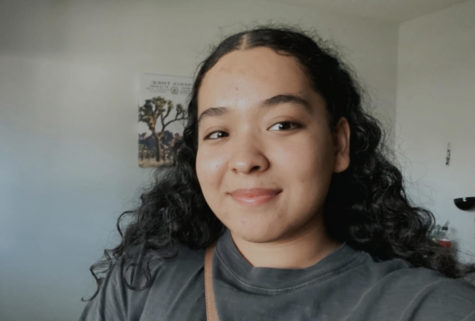
Jacqueline Lemus-Govea is a senior at Centennial High School. This is her third year writing for The Talon and her first year as Editor-in-Chief.
She...

